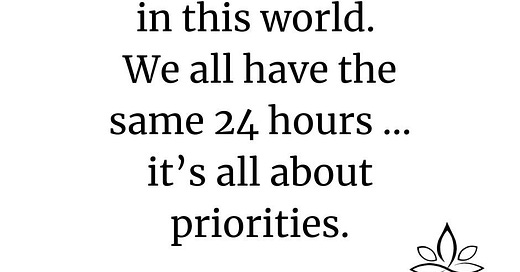There’s a generational stereotype about “participation trophies” and other rewards for people doing the work, but not standing out for going above and beyond.
Some people have some… opinions about rewarding people who just do the work, instead of only rewarding excellence.
But as leaders, what is our role? Consider your place in an organization. You want to get the work done, right? Then it makes sense to show respect for people getting the work done. You want to grow excellence in your people? Reward that, too.
Reward both achievement and effort.
Basic psychology: rewarding people increases the behavior that is rewarded.
Basic psychology: everyone wants to feel respected and appreciated.
Basic logic: making people feel respected and appreciated for their behaviors increases those behaviors.
Make the rewards proportional (“One does not applaud the tenor for clearing his throat”), but reward frequently. Say “thank you” and “good work” and “good effort today.” Give bonuses and kudos to individuals who give the extra effort or otherwise stand out. Give team rewards—including group bonuses—for group successes. Praise in meetings. Praise privately. Praise verbally. Praise in writing. Praise your direct reports to clients and to your supervisor. Put positive comments into their files, so that you can be reminded of both their achievements and their good efforts at the next performance review, and can reward them with raises, bonuses, and promotions, as appropriate.
And find ways to bring out the best in your people, so that they do more things that are worthy of praise and reward. Develop their competencies and expertise—mentor, train, empower, and delegate to grow them. But also bring out their motivation and good attitude for making their contribution to the team’s tasks.
Not everyone is going to be an Olympic gold-medal-winning weightlifter, but everyone can pull their own weight on a team. And everything someone does is something done. If you want things to continue to get done, make sure the people doing it feel like they are valued for their work.
(Photo by Giorgio Trovato on Unsplash)









